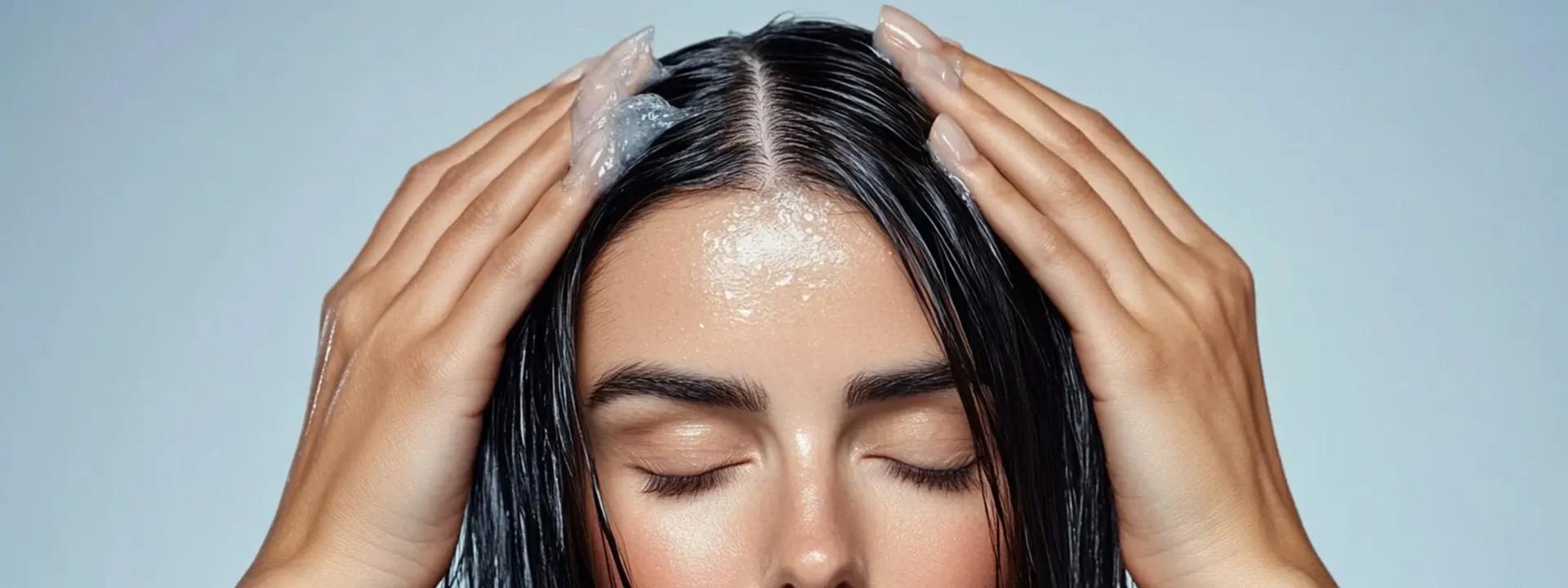Let's be real—walking down the shampoo aisle can feel like standing in front of a wall of mystery bottles. With promises of everything from volume to shine, how do you find a good shampoo for hair that actually delivers? The truth is, the perfect shampoo isn't a one-size-fits-all situation. Your hair type, scalp condition, and daily routine all play a part in what works best for you. Whether you're dealing with dry ends, oily roots, or somewhere in between, understanding your unique needs is the first step to healthier, happier hair.
Understanding Your Hair Type and Needs
Finding a good shampoo for hair starts with knowing exactly what you're working with. Your hair type isn't just about whether it's straight, wavy, curly, or coily—though that's definitely part of the equation. It's also about understanding your hair's unique personality and what makes it thrive.
Straight hair tends to show oil faster since sebum travels down the shaft more easily. Wavy hair often needs balance—not too heavy, not too drying. Curly and coily hair types usually crave moisture and gentle cleansing since their natural oils don't distribute as easily. But here's where it gets interesting: your hair concerns might not match your hair type at all. You could have curly hair that's surprisingly oily, or straight hair that's incredibly dry.
The Role of Scalp Health in Hair Care
Your scalp is literally the foundation of everything happening up top. A healthy scalp means healthier hair growth, whilst an irritated or imbalanced scalp can lead to issues like flakes, itchiness, or even hair that feels flat no matter what you do. Gentle scalp care should be part of your routine, especially if you're dealing with sensitivity or conditions like dandruff.
Key Ingredients to Look for in a Good Shampoo
Ingredient lists can look like chemistry homework, but don't let that put you off. Learning to spot the good stuff (and avoid the not-so-great) can transform your haircare game. The best formulas combine effective cleansing with nourishing benefits that actually make your hair feel better after each wash.
Reading labels might seem tedious, but it's worth the effort. Some ingredients work like magic for certain hair types whilst others might leave you wondering why your hair feels worse than before you started.
Beneficial Ingredients for Hair Health
Natural oils like argan, coconut, and jojoba are absolute gems for adding moisture without weighing hair down. Proteins, particularly keratin and silk proteins, help rebuild hair structure and add strength. These keratin-infused shampoos can make a real difference if your hair feels weak or damaged. Vitamins and minerals round out the power players, helping to nourish both your scalp and strands.
Ingredients to Avoid
Harsh sulfates can strip your hair and scalp of natural oils, leaving everything feeling dry and irritated. Parabens, whilst not inherently evil, aren't necessary in modern formulations. Heavy silicones can build up over time, making your hair feel weighed down and dull. These ingredients might make your shampoo foam beautifully, but they're not doing your hair any favours long-term.
Types of Shampoos and Their Benefits
The shampoo world has exploded with options, and honestly, it's brilliant. Different formulations tackle different concerns, so you can actually find something that works with your hair rather than against it. From sulfate-free options to clarifying treatments, there's genuinely something for everyone.
Think of different shampoo types like tools in a toolkit—each one has its place and purpose. Understanding what each type does helps you build a routine that actually makes sense for your lifestyle and hair goals.
Sulfate-Free Shampoos
A sulfate-free shampoo uses gentler cleansing agents that won't strip your hair's natural oils. They're brilliant for colour-treated hair, dry or damaged strands, and sensitive scalps. The trade-off? Less foam, but don't worry—less lather doesn't mean less clean.


 380 ml
380 ml 300 ml
300 ml 320 ml
320 ml 100 ml
100 ml